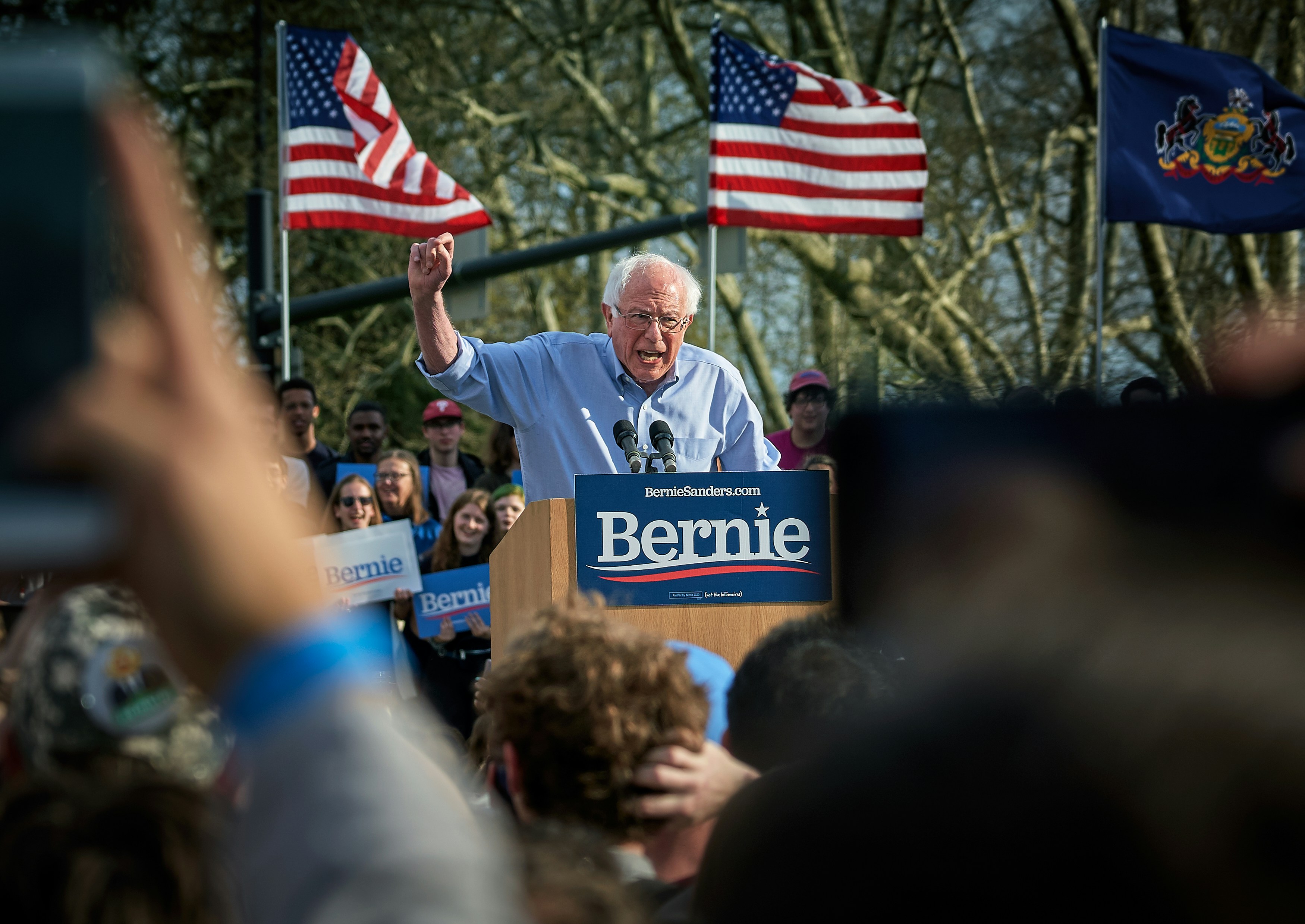
Image source - Vidar Nordli-Mathisen
This article was originally published on May 6, 2025.
On the morning of 6 November, Democrats were flipped on their head. Up might as well have been down, and the laws of political physics thrown out of the window. Donald Trump’s victory and winning of the popular vote went against everything they stood for, and more importantly, everything they understood about American politics. The former President was a convicted felon, had already lost re-election once and had attempted an insurrection against the US government.
And yet he won. Needless to say, the Democrats are still baffled and de-moralised, asking themselves where they went wrong?
The Biden years had been plagued by inflation, foreign conflicts and low approval ratings, and Kamala Harris ultimately failed to distinguish herself from her predecessor. Whether this was her fault or a consequence of her relatively short campaign is debatable. A Brookings article found that Trump had managed to engage people on the economic issues of the day, building a multi-ethnic working-class coalition to capitalise from the political alienation and declinism against the more establishment Democrats. The Democrats in 2024 were the enemy for many demanding radical change and improvements in their life, embodying this sense of a disconnected establishment unable to make things better, their arguments surrounding democracy and social issues not resonating.
The cause of all this lies in the long-term feeling for many low-income Americans of a country that is economically stuck and getting worse. The Pew Research Centre found in 2022 that the US middle class has shrunk by over 10% since 1971, and that real incomes have risen faster for the highest earners, while lower income wage growth has slowed. This wealth inequality, combined with declining living standards, has meant that many Americans feel that the economy is not working for them, while seeing the rich get richer and countries like China take over former manufacturing heartlands. Therefore, when Donald Trump came along and ran through the populist playbook, promising to fix all their woes and restore the American Dream, it worked, both in 2016 and in 2024.

The difference is that in 2016 Trump was perceived as an aberration, an accident that would be reversed in 2020, where convention would win the day. Yet here we are, in 2025, with Trump having once again profited from the massive discontent with the status-quo. And this time, the Democrats seem incredibly unsure as how to react. There lacks a clear central voice in the party, with different factions disagreeing on the direction of travel. What is clear is that the more elite party Democrats seem unable to properly criticise and promote an alternative vision to Trump’s. They seem unsure of themselves and uninspired, recently seen by Senate Minority Leader Chuck Shumer’s 'strong letter' being the full extent of his protest to President Trump’s suspension of funds to Harvard University. This does not seem like a party confident in itself.
And it is no wonder this is the case. Biden, despite a more protectionist trade policy, was the standard bearer for much of the traditional centre-left economic and social policy of traditional Democratic governments. 2024 showed that this conventional thinking was not enough anymore to deliver the necessary results. Politics has changed, people have shorter attention spans, they want more visible radical action and to feel listened to and fought for. Trump represented this in 2024, which is why the Democrats have been so reluctant to vehemently go after him. They feel insecure about themselves, feeling that they need new answers to questions Trump had previously provided better answers for.
And where could these answers come from? Look no further than Alexandria Ocasio-Cortez (AOC) and Bernie Sanders’ ‘Anti-Oligarchy Tour’. These two have made a name for themselves of standing apart from the traditional Democratic party, advocating for a more socialist policy of higher wealth taxes and free public healthcare. This tour of the USA has attracted massive crowds and has injected a sense of energy into the opposition to Donald Trump and the Republicans than what has been found at the top of the Democratic Party. They advocate a vision alternative to both that of the Biden years and Trump, of a more generous welfare state and a fundamentally fairer society designed to target wealth inequality.
This strategy could well appeal to Trump’s base as his economic policy tries and fails to deliver results. However, to adopt this the Democrats would have to adopt much of the populist anti-establishment playbook utilised by Donald Trump, in the name of Making America Great Again. In adopting this, I do not mean adopting the misogyny, the racism or the Christian nationalism. I mean they could adopt a certain type of anti-establishment populist campaigning able to cut through the accusations levied against Harris of being another untrustworthy establishment figure. The Democrats would become the disruptors instead.
We saw this with Bernie Sanders in 2016 and 2020, showing that with a carefully planned and supported campaign, there is an appetite for this kind of platform. He addressed many of the issues of wealth inequality and the consequences of globalisation that lies at the heart of MAGA’s success. He addressed this in a bold and passionate manner that meant people felt fought for, in a similar way to how they feel about Trump. This kind of sentiment may prove too much for many in the Democratic party however, particularly given its reliance on wealthy donors making a radical left-wing anti-establishment agenda somewhat toxic.
This opposition and preference for more minor reforms was shown to be insufficient by the Biden years, ultimately being unable to distinguish the Democratic party from the perceived Washington elites. While it may go contradict what many conventional Democrats believe, Donald Trump has fundamentally shifted American politics and brought a new range of voters into play that demand a radical change. These voters will surely be too tempting for the Democrats, and when 2028 rolls around, we can expect a primary field dominated by fiery disruptors advocating for a major change.